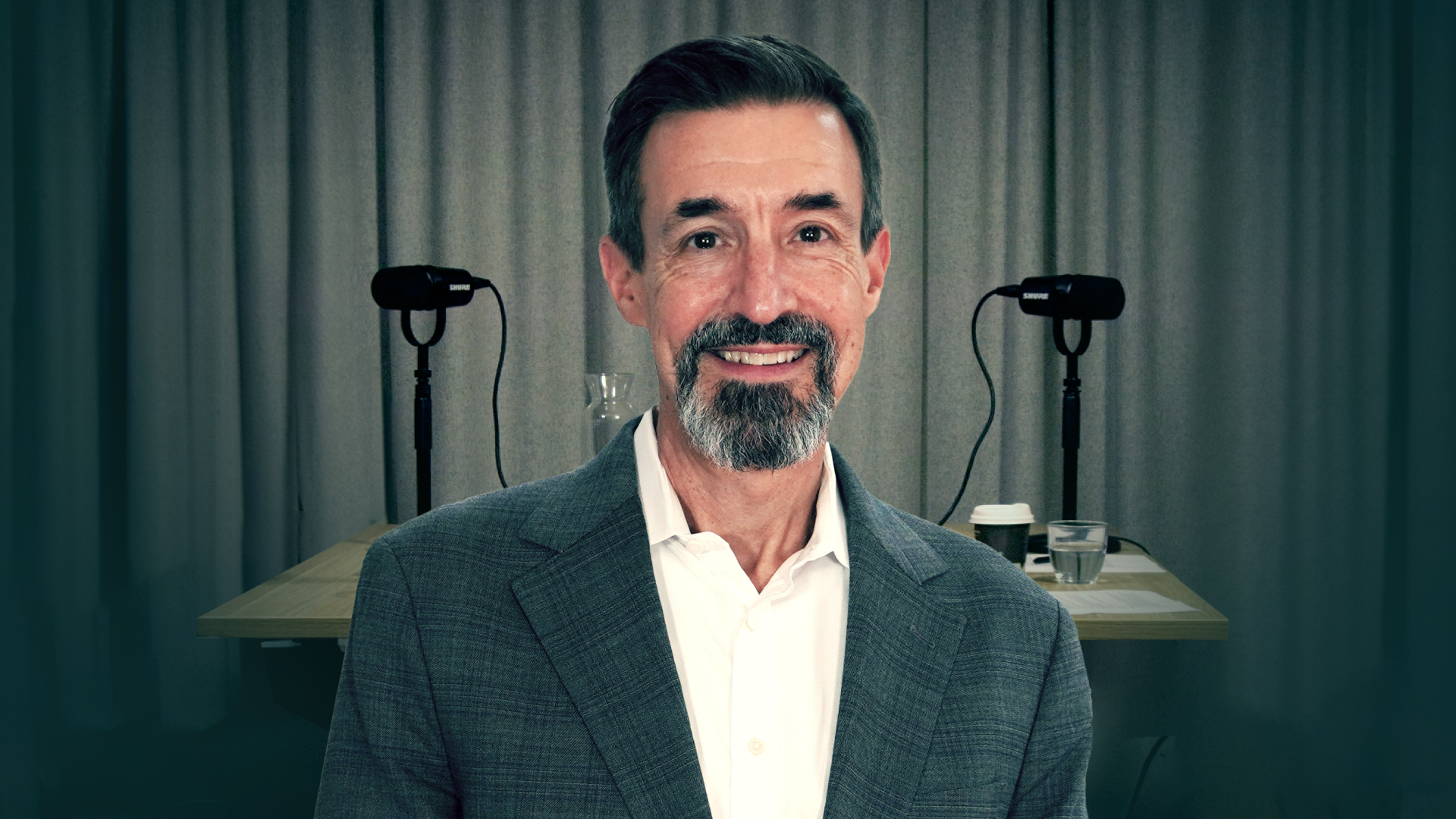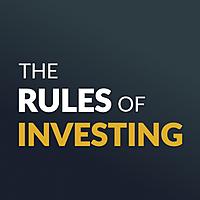The secret to finding stocks you can hold for 20+ years

While Warren Buffett's favourite holding time may be forever, the average holding period for a typical investor is now just 5.5 months. In a world where news, analysis and investment ideas are readily available at our fingertips, investors have quickly forgotten the benefits of long-term compounding and instead are focused on the next great stock, driven likely by their fear of missing out.
We've all succumbed to it, there's no point denying it. How many of us jumped on the buy-now-pay-later trend, the lithium trend, the uranium trend, and now, the AI trend, as stocks soared to stratospheric heights? How many of us have attempted to hold on for dear life (HODL) as some of these companies crashed back to Earth?
So, how can you identify the companies that continue to win over the long term? And by long term, I don't mean five-plus years, but 20.
According to Janus Henderson's Joshua Cummings, a Portfolio Manager and research analyst of the Global Research Growth Fund, it's all about a company's business model.
"If you think about a business like an engine... we're looking for efficient economic engines that we think have sustainable competitive advantages, sustainable moats to their businesses, and importantly, rather than harvesting free cashflow... we want our winning businesses to continue to invest. That's how moats get wider. And frankly, that's what defends what might seem like high earnings multiples," Cummings says.
A P/E ratio, according to Cummings, is just the market's interpretation of a company's life expectancy, or its ability to continue to grow. If a business displays these characteristics and has a responsible management team, then investors should just buy these stocks and leave them alone.
"Let them do what they do, let that compounding work for you. Go try to find the next one," Cummings says.
In this episode of The Rules of Investing, Cummings outlines what makes a winning long-term stock - a process that has helped the team top the league tables for their consistent outperformance over the last five and 10 years - and provides a few examples.
We also take a deep dive into artificial intelligence - and why Cummings believes AI will become even larger, more pervasive, and more impactful on our lives than we could ever conceive of today.
Other ways to listen
Timecodes
- 0:00 - Intro
- 2:16 - The secret to consistent long-term outperformance
- 3:30 - What the team got right and wrong over the last 12 months
- 4:38 - The impact of AI on mega-cap tech companies
- 7:19 - Is there too much "faith" in the AI theme?
- 9:48 - Is this the death of value investing?
- 11:58 - What it's like on the ground in the US right now
- 15:14 - Impact of cumulative inflation on businesses
- 18:13 - Nvidia's antitrust charges
- 20:42 - Factors that can help investors identify consistent winners
- 22:58 - Celebrity CEOs and red flags
- 25:20 - Should you really HODL?
- 26:58 - Smaller companies employing disruptive innovation
- 31:13 - Lessons from the team's meeting with OpenAI CEO Sam Altman
- 33:49 - Innovation is a scale game - why the big are only going to get bigger
- 35:01 - What could go wrong with AI (i.e. are we in for an iRobot scenario)
- 40:22 - Two things investors are getting wrong today
- 42:36 - Why you should invest in what you know (and trust your gut)
- 46:45 - One stock Josh Cummings would own if the market closed for 5 years

5 topics
9 stocks mentioned
1 fund mentioned
1 contributor mentioned


